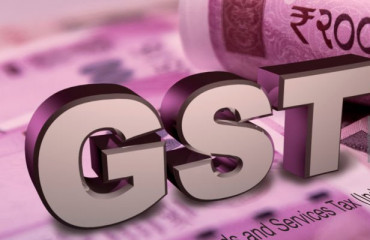
- 31 Dec 2025 05:39 PM
- New
India pips Japan to become world's fourth largest economy, says govt
The country is set to enter the new year on a strong economic footing with favourable farm prospects, the effects of GST rationalization, benign inflation, and strong corporate balance sheets, the government said in a year-end update on the economy.
Read More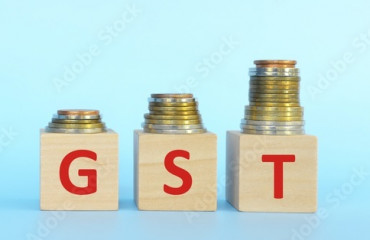
- 31 Dec 2025 05:48 PM
- New
Stocks to watch: RITES, Bharat Forge, IndiGo, Lupin, among 8 shares in focus today; Check list here
Indian stock market benchmark indices — Sensex and Nifty 50 — were expected to open flat on Wednesday, December 31, the final trading session of 2025, amid thin volumes. Most Asian markets, including Japan, South Korea and Thailand, were closed for New Year’s Eve.
Read More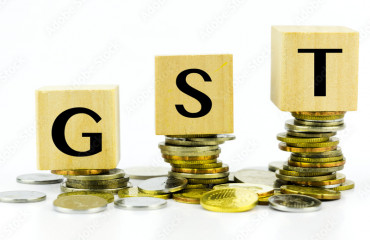
- 31 Dec 2025 06:14 PM
- New
India’s FMCG sector is entering 2026 betting on volumes, not prices
Easing inflation, GST tweaks and stable commodity costs are lifting sentiment, but questions remain over the durability of demand and margin protection.
Dear reader, as 2025, a year of global tumult and volatility, rolls by, Mint's reporters and columnists look around the corner on what is coming in 2026—to help you know what to expect and prepare for it. Tell us what you think at feedback@livemint.com.
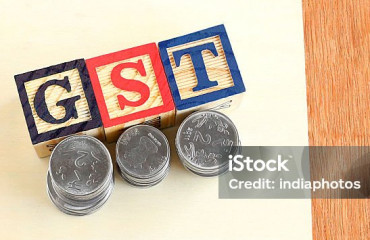
- 30 Dec 2025 06:46 PM
'Keep trusting India and investing in our people': PM Modi pens note on LinkedIn, calls 2025 year of reforms
As 2025 comes to a close, Prime Minister Narendra Modi penned a note on networking site LinkedIn saying the year will be remembered as a year for India when it focused on "reforms as a continuous national mission, building on the ground covered over the past 11 years.” He said India has “emerged as the centre of global attention,” driven by “the innovative zeal of our people.”
Read More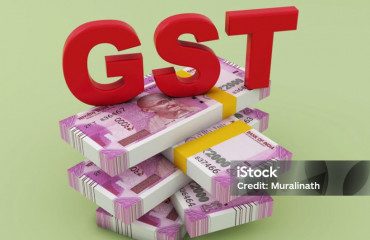
- 30 Dec 2025 06:43 PM
CCPA continues crackdown on mandatory service charge, fines China Gate restaurant
New Delhi: The Central Consumer Protection Authority (CCPA) has imposed a ₹50,000 fine on China Gate Restaurant Private Limited, which operates the Bora Bora restaurant chain in Mumbai, for levying mandatory service charges in violation of consumer protection norms and Delhi High Court directions.
Read More
- 30 Dec 2025 06:40 PM
How India’s health insurance choices evolved in 2025
The removal of GST on health and term insurance was an important catalyst in how consumers upgrade coverage, choose smarter products, and commit to longer-term protection.
As 2025 comes to a close, India’s health insurance market looks very different from what it was even a year ago. The year marked a decisive shift in how Indian households evaluate healthcare risk, driven by rising medical costs, deeper product innovation, and a regulatory environment that encouraged consumers to seek better protection.
The removal of GST on health and term insurance was an important catalyst in how consumers upgrade coverage, choose smarter products, and commit to longer-term protection.
As 2025 comes to a close, India’s health insurance market looks very different from what it was even a year ago. The year marked a decisive shift in how Indian households evaluate healthcare risk, driven by rising medical costs, deeper product innovation, and a regulatory environment that encouraged consumers to seek better protection.
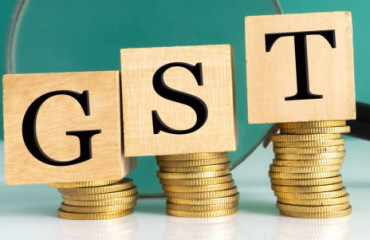
- 30 Dec 2025 06:35 PM
Regulator PNGRB for regulating regasification fee, bringing natural gas under GST
The proposal comes days after the regulator lowered the tariff slabs for gas transportation, thereby making compressed natural gas and city gas distribution prices cheaper.
New Delhi: In a bid to make natural gas cheaper and boost adoption, India’s gas regulator has proposed regulating the regasification charges for liquefied natural gas (LNG) and also bringing the fuel under the goods and services tax (GST), citing low utilization and weak financial viability at most terminals.
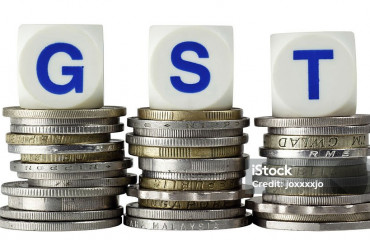
- 30 Dec 2025 06:32 PM
Apollo Tyres’ margin upside looks capped, to weigh on stock
India demand remains resilient on lower GST rates and improving exports, but weak Europe volumes and sponsorship costs are clouding the near-term margin outlook.
Apollo Tyres Ltd is navigating a rocky patch. Its India business remains on relatively firm ground, supported by a demand boost following cuts in goods and services tax (GST) rates and a recovery in exports, while Europe continues to be a drag amid persistently weak demand.
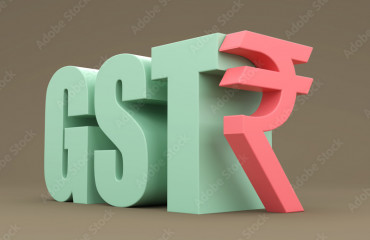
- 24 Dec 2025 06:05 PM
GST on MPLADS Works Does Not Cut Annual Fund Allocation
Source: https://taxguru.in/goods-and-service-tax/gst-mplads-works-cut-annual-fund-allocation.html
Summary: The Government informed Parliament that while transfers to MPLADS funds are outside the scope of GST, the utilisation of these funds for procuring goods and services attracts GST at applicable rates, which forms part of the project execution cost. It clarified that GST does not reduce the annual MPLADS entitlement of ₹5 crore per Member of Parliament, as tax components are factored into project cost estimates at the time of sanction.
Read More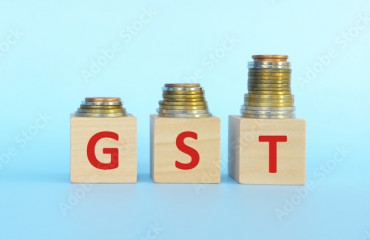
- 24 Dec 2025 06:20 PM
CBI Arrests CGST Superintendent in Mumbai while accepting Rs. Five Lakh Bribe
Central Bureau of Investigation arrested a Superintendent of CGST Audit-I, Mumbai, on 22 December 2025 for allegedly accepting a bribe of ₹5 lakh from a private company director. The arrest followed a written complaint alleging that the officer, after conducting an audit on 26 November 2025, threatened to raise a fabricated tax demand of ₹98 lakh unless illegal gratification was paid.
Read More